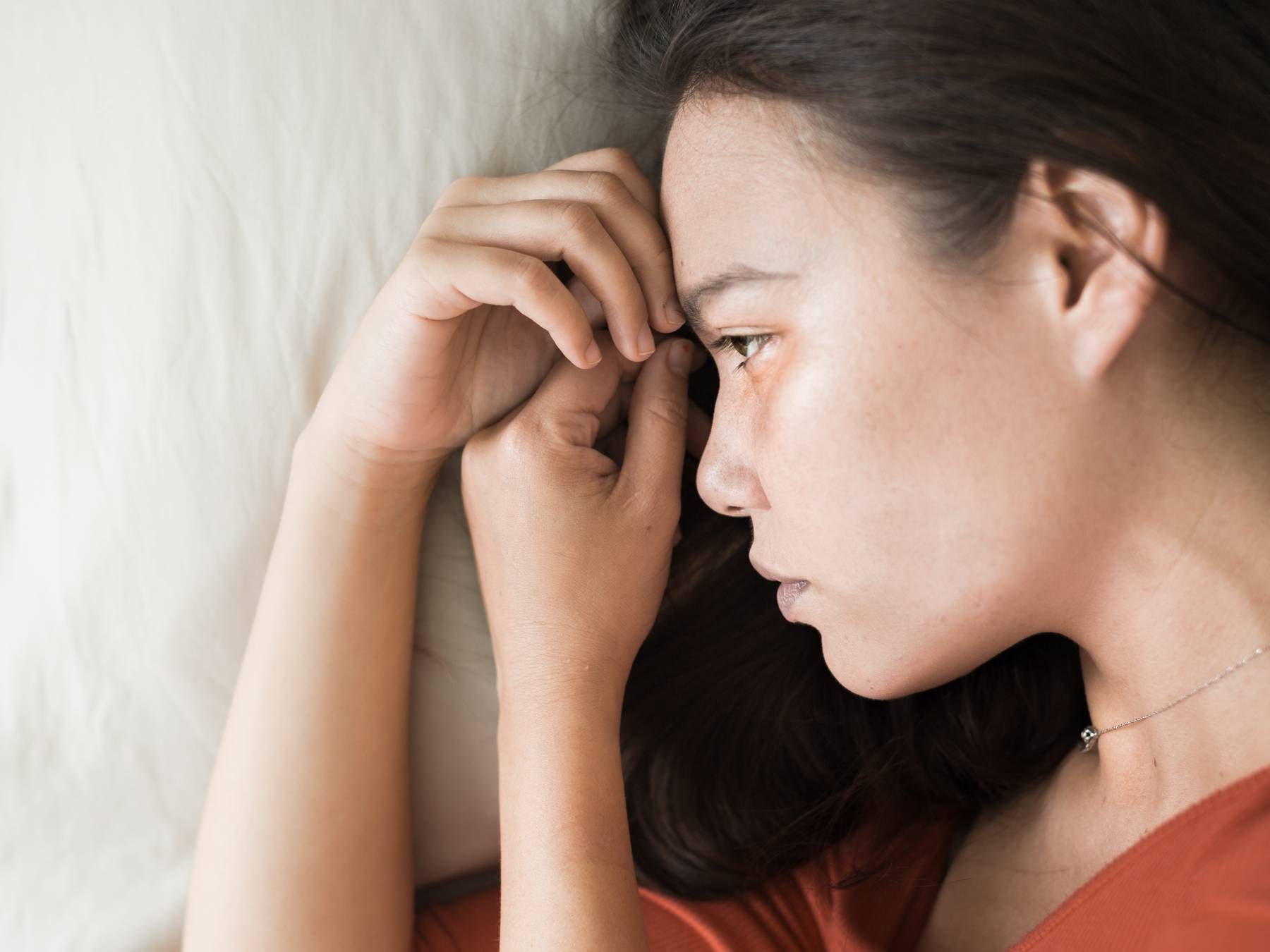ayas also says getting fewer than 40 winks has also shown a correlation to an increase in car accidents.
“you have to be very alert while driving but it’s a very monotonous activity; it’s difficult to keep engaged. even during daylight-saving time, that one-hour change, results in a significant increase in crash risk,” he says, adding that occupational injuries, too, increase with poor sleep, and shift workers can be the most adversely affected.
older people also tend to have more insomnia — “you lose some of the neurons that are involved in sleep onset as you age” — but they also tend to have more medical problems, such as restless leg syndrome or chronic pain disorders, and may be on more medications, which can affect sleep.
too much sleep just as bad as too little
dang-vu cautions against napping, as it can disrupt nighttime sleep. “for people who don’t have sleep problems, naps can be a powerful tool to restore your brain function and memory,” he says. “[but] make sure it’s not too long, 20 to 30 minutes maximum, and ideally not after 3 p.m.”
but then, too many z’s can be just as problematic as too few. “in epidemiology studies, those who sleep nine or more hours per night tend to [also] be at increased risk of heart disease, obesity, depression or other psychiatric conditions,” says ayas, adding what they don’t know is whether it’s because of the increased sleep time, or if other issues, such as certain diseases disrupt your snooze time, making you sleep more to make up for it.
 6 minute read
6 minute read










